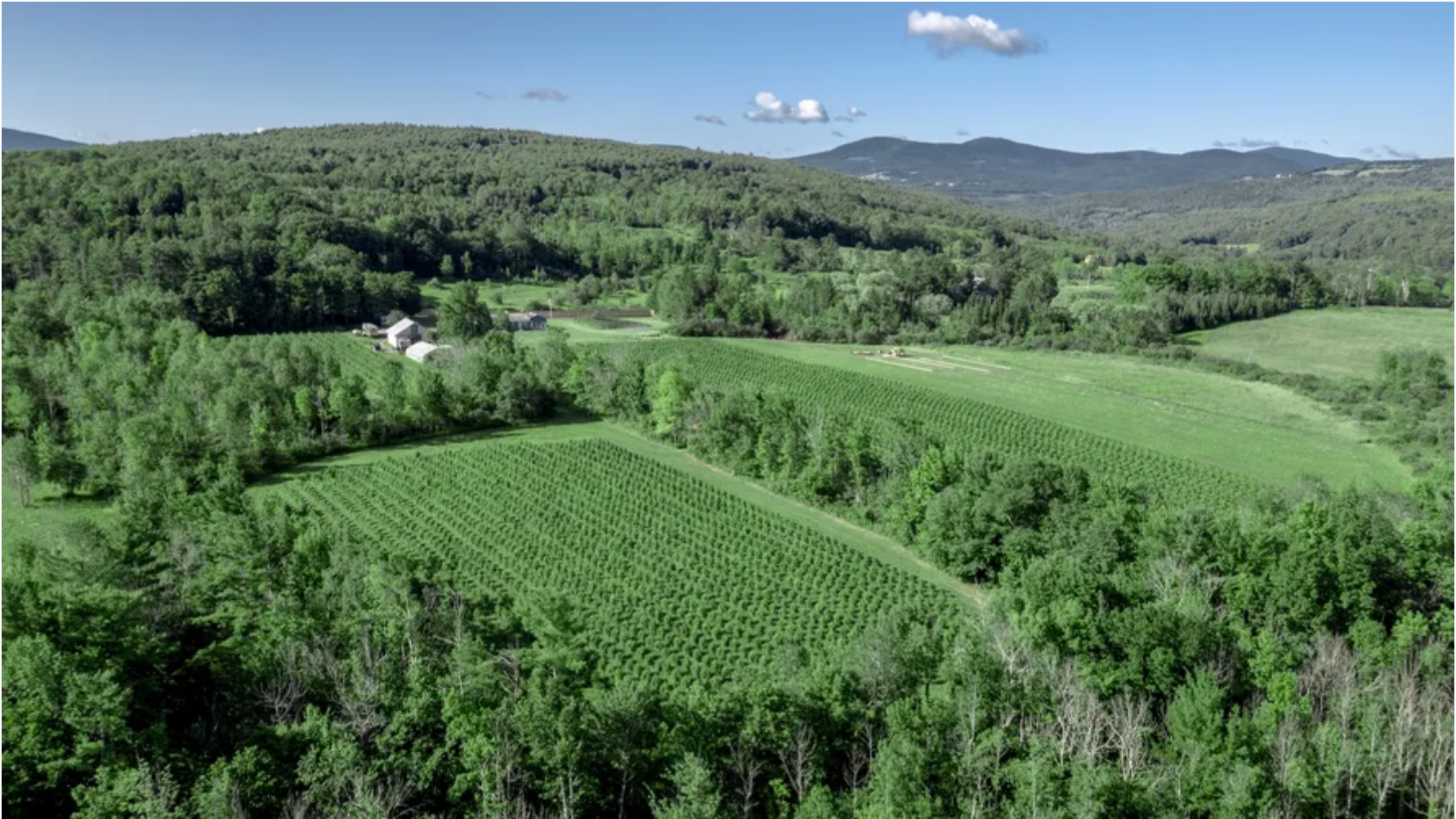As New York gets closer to launching a recreational cannabis program, it's proving to be fertile ground for large multi-state operators (MSOs) like Curaleaf CURLF, Green Thumb Industries GTBIF, and Columbia Care CCHWF.
These companies are typically first to take advantage of young markets. And in New York, they already own three of the state's 10 vertically integrated medical cannabis licenses.
For small businesses, however, finding capital and being able to compete with these large corporations is a constant struggle.
Take, for example, Nightshade Farm. The Albany County-based cannabis company is woman-owned, debt free and well-positioned to obtain adult-use cannabis licenses once the cannabis legalization bill passes.
But according to co-founder Phil Spinelli, banking and lending options are still the biggest problem for small companies like his.
Nightshade's biggest expense is labor. Right next to it is insurance, which “like banking is hard to find and full of exclusions that leave us with areas of liability,” Spinelli told me.
“In lieu of debt financing, we are focusing on equity-based fundraising to meet our capital needs," Spinelli says. "Nonetheless, access to capital remains an ongoing struggle that we are actively trying to solve for. We promote our company to larger operators that are looking for a point of entry into New York State."

Searching For A Strategic Partner
For Spinelli, a cannabis investor must have “the stomach for the ever evolving regulatory environment" plus “the capital required to see the opportunity through to fruition.”
“It takes more than just exceptional product to win at this game," Spinelli says. "It takes financial endurance.”
Considering these challenges, Nightshade is looking for a strategic partner “who can provide the necessary capital and much-needed expertise in marketing, advertising and distribution.”
Spielli runs the USDA-certified organic hemp/cannabis operation with his partner Kristine Walsh. They remain focused on cultivation and manufacturing out of a 300 square-foot facility, which boasts efficient and easy-to-maintain space.
“Though small, it was built to nutraceutical standards including Takiron welded walls and ceilings, HEPA, Carbon and UVC Filtration, dehumidification and quartz epoxy floors,” Spinelli revealed.
Nightshade sells its products to medical marijuana operators and CBD processors but has difficulties with finding buyers due to the vast competition. According to Spinelli, the CBD market is full of low-quality products, which not only take market share, but also create consumer confusion.
'Our Work Is Our Passion'
Previously, Spinelli was in the horse industry. He transferred to organic vegetable production to be closer to his family and farm. After realizing that vegetable growing isn’t financially sustainable, they jumped into hemp production.
The transition wasn’t that challenging, Spinelli claims, adding: “Husbandry is universal.”
Among the difficulties was all the paperwork.
“The first year growing hemp was a bit nerve-racking due to the legality, as it was still considered a schedule 1 controlled substance," Spinelli says. "Even though we were a research partner with the state, the potential liability defaulted on us as the farmer. The regulatory paperwork was fairly benign in comparison to our organic certification, but as we have expanded into processing, the paperwork has become considerable to maintain our GMP compliance.”
The cultivation techniques are a lot like those of vegetable production. Spinelli says the main difference is cannabis’ sensitivity to its photoperiod.
“Having grown up in Woodstock, New York, I was inherently exposed to a holistic lifestyle and so farming and working with cannabis is the culmination of my upbringing,” Spinelli says.

At Nightshade Farm, it's a family business. Even though Spinelli's children are young they “enjoy filling trays with soil, scouting for pests, and tending to the family garden.”
The farm also creates a stigma-safe environment when it comes to cannabis. The kids know the plant helps people, just like any other crop, Spinelli explains.
“As parents, we are forever amazed by the intuitive sense that only a farm kid inherits," he adds. “Our work is our passion, and we put a massive amount of energy into it."
Indeed, there's no shortage of competition — especially with the larger enterprises — but what helps Nightshade stay “ahead of the curve” is the vertical organization, which has minimized expenses.
But there's another important differentiator between big enterprises and small operations like Nightshade, Spinelli says.
"Having no real story to tell, no connection to the land, corporate cannabis lacks the energy and love that transcends into the magically unquantifiable curative properties that embodies cannabis," he says. "It is the laughter from the children playing hide and go seek between rows that cannot be replicated by big business."
Courtesy images
© 2025 Benzinga.com. Benzinga does not provide investment advice. All rights reserved.
Trade confidently with insights and alerts from analyst ratings, free reports and breaking news that affects the stocks you care about.
Cannabis is evolving – don’t get left behind!
Curious about what’s next for the industry and how to leverage California’s unique market?
Join top executives, policymakers, and investors at the Benzinga Cannabis Market Spotlight in Anaheim, CA, at the House of Blues on November 12. Dive deep into the latest strategies, investment trends, and brand insights that are shaping the future of cannabis!
Get your tickets now to secure your spot and avoid last-minute price hikes.